Pedro Quintela is a history teacher, talented photographer, and one of the most motivational people on 500px. In his latest piece for ISO, he breaks down the scourge that is Gear Acquisition Syndrome, or GAS, and how he’s managed to escape its clutches. A fun AND useful read in its entirety.
For more about or from Pedro, follow him on 500px, check him out on Facebook, or license his images through the 500px Marketplace.
Hello, my name is Pedro Quintela and I’ve suffered from Gear Acquisition Syndrome for over a year. Yes, I’m finally admitting to it now because I’ve managed to get over it… or at least I hope so… I mean mirrorless cameras are getting a huge percentage of the market and, as they say, “small is beautiful” or “my back hurts, I need a lighter camera system.”
Oh no…
The Root of the Problem
I think that many of us, perhaps more then you think, had, have, or will have this problem during his or her photographic life. What are its roots? Blame it on neo-capitalism, or advertising, or blogs, or the media in general, but friends, the problem resides inside ourselves.
Why? Because only we can decide the things we need to buy. Last time I checked, not a single credit card company obliged you at gun point to buy a wireless device to transmit the images from your super quick SD card to that mega fast 32GB RAM, dual monitor computer you have at home. God forbid you use your camera’s USB cable or the built-in card reader on your desktop to do the job! Nevertheless, it’s still not entirely our fault, and I’ll explain why.
When I started from scratch, I read all the reviews, saw all the videos, and asked around in all the forums and blogs about the best cameras that suited my needs at the time. And I was very happy with my choice: a brand new Canon 60D, enthusiast level they called it, with a 18-135mm kit zoom lens and a very nice bag.
So when we went our our vacations abroad, I took it, shot nice images, and the shots looked great! But then, one fateful day, I stumbled across a community called 500px. As soon as I opened it, those cover page landscapes shook me as much as if someone had pushed me out of an airplane. How on Earth could someone capture such images!? This need jumpstarted a compulsive disorder. I want to make pictures likes those!
That’s when the problems started. Who does landscape photography without a wide angle lens, filters, polarizer, tripod, and a good ball head? I needed it as badly as food. And this is when I made my first major mistake.
Despite exhaustive research, I made some bad choices because a few friends told me not to invest in expensive gear… budget would work just fine. Truth to be told, the tripod, ball head, and filters were replaced by better ones a few months later. They probably cost me almost twice as much as it would have to buy the good stuff in the first place.
Tip #1 – Within your financial capabilities, if you’re determined to shoot landscapes, try to buy the best tripod, ball head, and filters you can afford. With proper care, they can and will last many years.
The first tripod I had (and it wasn’t so cheap as you think) broke a leg during a trip. I can thank my reflexes, because I didn’t lose the camera in the lake when it happened. The ball head is the same story: a good one will be sturdy and provide smooth and precise movement. Finally, the best filters don’t degrade your image quality nearly as much thanks to better materials that help you avoid ugly color casts.
The Plot Thickens
Over the next year, my gear bag continued to evolve. I bought a second camera, a Canon 7D, a 50mm prime, and a remote control that I ended up losing in the mountains because it was nighttime and it fell in some bushes. After that, I bought this great LED headlamp that I used, on average, about 10 times per year (twice to fix something at home…) and another remote. This remote had a bigger 3 meter cable, because I would need it!… Well I fully stretch it twice and it’s not that portable due to its length.
One day I finally wised up to the cruel facts of life: according to my photographer colleagues, only losers use crop factor cameras. And my case was even worse! I didn’t even have a battery grip. Who on earth wants to be see in public, a serious shooter, without a bulky appendage under their camera body. And that 1.6x crop factor was just unacceptable.
I listened to their advice: I went for it and bought a Full Frame Canon 6D. I showed up at a photographer meeting with my brand new toy, L lenses, and all the bells and whistles I could want… I still wasn’t at the same level. Apparently my camera was a bad choice. Some even call it “the poor man’s FF” someone whispered in my ear, before they left to hang out in the “pro“ corner.
Here I have to say that I really wanted a Full Frame sensor because of the light capabilities. In reality a FF sensor is far less noisy then the old dated 7D sensor, and the dynamic range is much better. But I didn’t go as far as the 5D MK III because it simply didn’t produce better pictures then mine. Then I bought my first L lens, and that was when I really started to understand that many see gear as an affirmation of their status—a way to show everybody their ‘power.’
Of course, there are many people who genuinely need the speed and power of that camera, no doubt about it. But for a landscape and portrait amateur like me (and many of you, I imagine) I couldn’t find any advantage to it.
Tip #2 – Think for yourself, and find the gear that suits your personal needs. Does a camera that costs double the one you’re interested in capture images that are two times better? I sincerely don’t think so. The savings can be used on a lens, education, or photo trips. See a camera simply as a tool that will depreciate, just like a car does, with time and mileage. So choose wisely.
Making Excuses: I’ll Buy Just ONE LAST Item
How many times have you said to your wife or companion: darling, I promise, this is the last *lens* *camera* *accessory* *upgrade* *fill in the blank* I need.
I’m not getting the properly shallow depth of field when shooting your adorable mother! I want her to be as lovely as only she can be, and it simply can’t be captured with my current gear. I badly need an 85mm f/1.2 lens to do it. See this amazing bokeh here? It can only be achieved with that lens…
Worse yet, maybe you quote 50% of the actual price… just to smooth over the harsh reality of things.
At this point in the syndrome, anything goes when we have a piece of gear in mind. We dream about our shiny new toy. Getting it at a store or seeing that Amazon package waiting on the stoop is a huge moment in our life. How many “unboxing and review” videos have we watched on YouTube? Do you still feel those goosebumps while unwrapping the box. That plastic smell of the new gear is so nice more then once I’ve performed a “sniff test”… as if a lens smells worse when it’s broken.
Personally, I dreamed about a dedicated lens to shoot the Milky Way. I bought the 14mm and used it… three times. Since 2014, it’s stayed in its bag without being used. It’s the same story with my 100-400. I went out with it one weekend and I regret it so much I sold it the next day. What was going in my mind this whole day? Was I losing my senses? No, I was having a particularly atrocious attack of GAS the day I decided to buy that lens.
There’s Always Hope
Now it’s time for a painful reality check. Have you ever added up how much you’ve spent on all your gear? And don’t “forget” those smaller purchases: those color gels for your flash, or that messenger bag that you used once and regretted instantly. I mean ALL of it.
After the cruel math comes another question: did that gear pay for itself through the work you’ve sold or the enjoyment you’ve gotten from it? The harsh truth is that you don’t need to spend that much to get what you want.
Tip #3 – Rent instead of buying, or search for used gear. Many times you will only need something for a specific trip or job. You realize that when you rent a piece of gear. Plus, finding very good used gear online is not that difficult. There are plenty of highly rated sellers that can help you find a great deal on gear with very low mileage.
While it’s true that “gear doesn’t make the photo,” I also agree that good gear can be a huge plus (though rarely definitive) when it comes to getting THAT shot you’ve been dreaming of. Just don’t be stupid. Rent first, or find a good deal on used gear if you think you’ll use it more than a few times.
Tip #4 – Use the money you save to go on a cool trip or invest in education. That way, the possibility of getting better and capturing more impressive shots grows exponentially. Shooting is a much better activity then staying at home, staring at those big monitors of yours. Only by being out in the field will you really experience the joys of shooting, and learn that gear is just a tool you use to perform a task.
Personally I’ve felt great for a long time. I still love to see what new gear the major companies come up with, and to discuss it and advise anyone that may want to ask. But despite that, I see my current gear as the tool that it is: a tool for achieving an idea that exists in my head.
As often as possible, I go out and make the most of time: shooting my stories or landscapes. The fun I have is, often, inversely proportional to the money I spent on gear. Sometimes I even challenge myself by going out with only one lens.
I also take great joy in writing articles like this, helping people, and lately am having a blast in a new FB group I started. So be wise, learn to work your way through problems like GAS, and happy shooting!

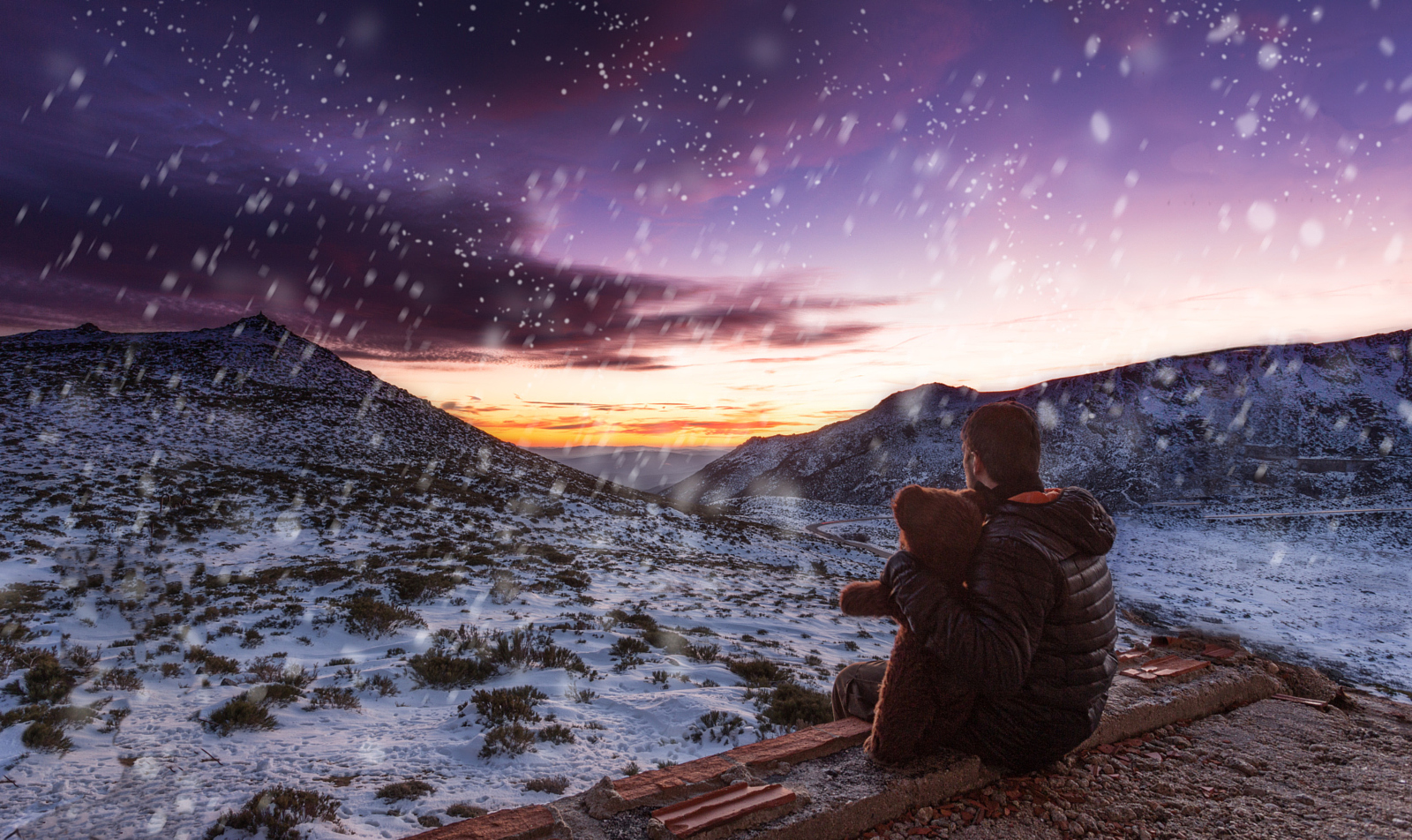






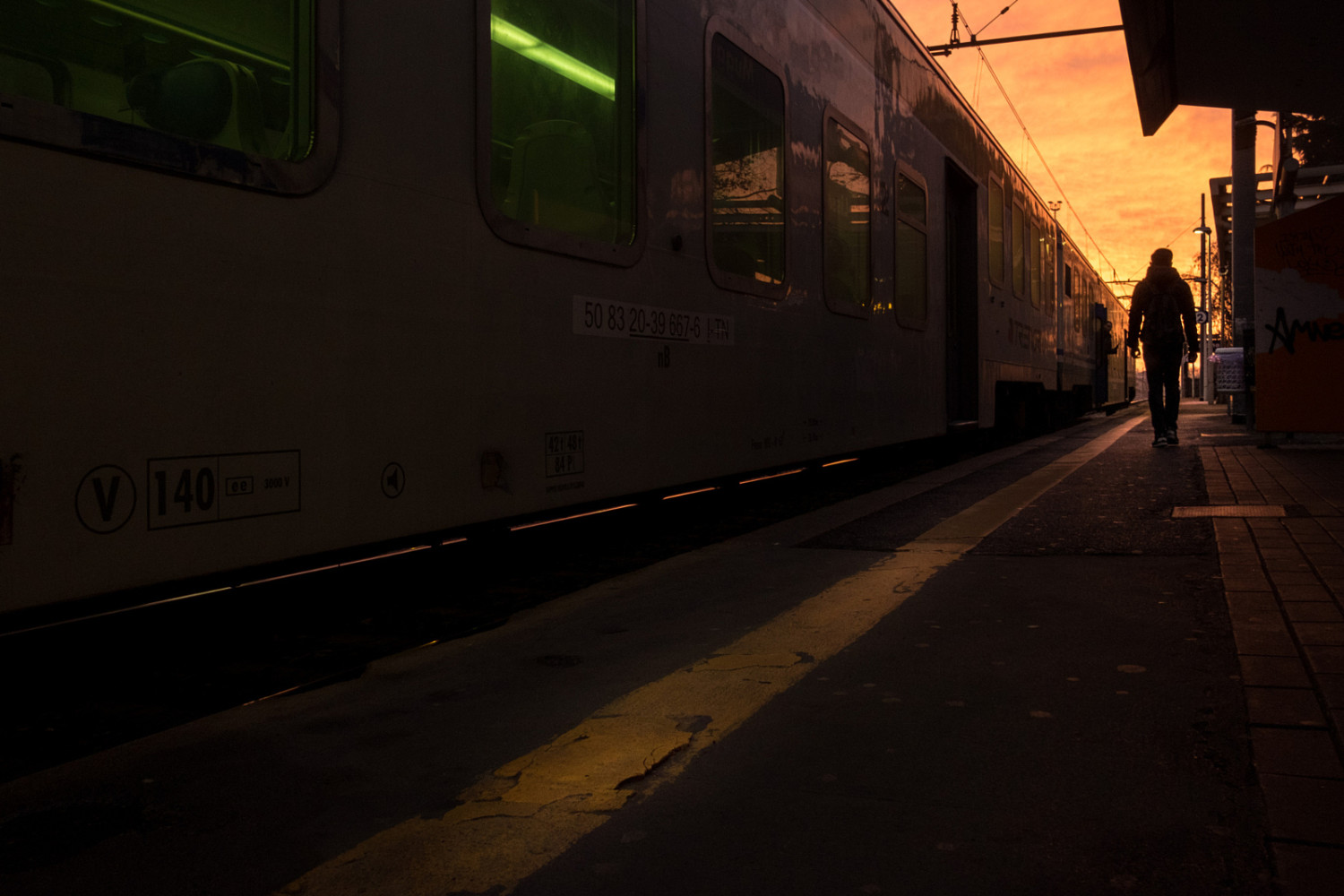
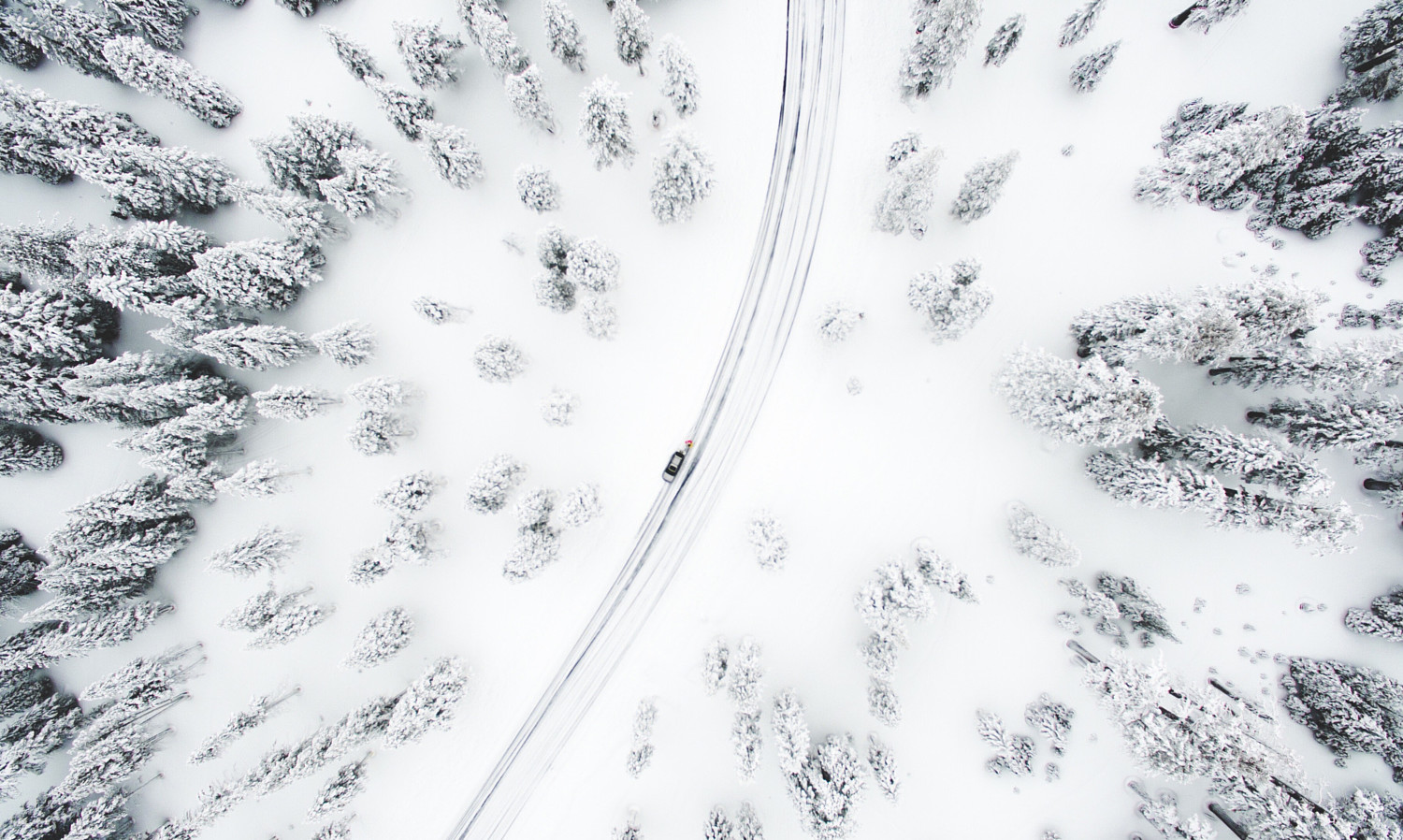
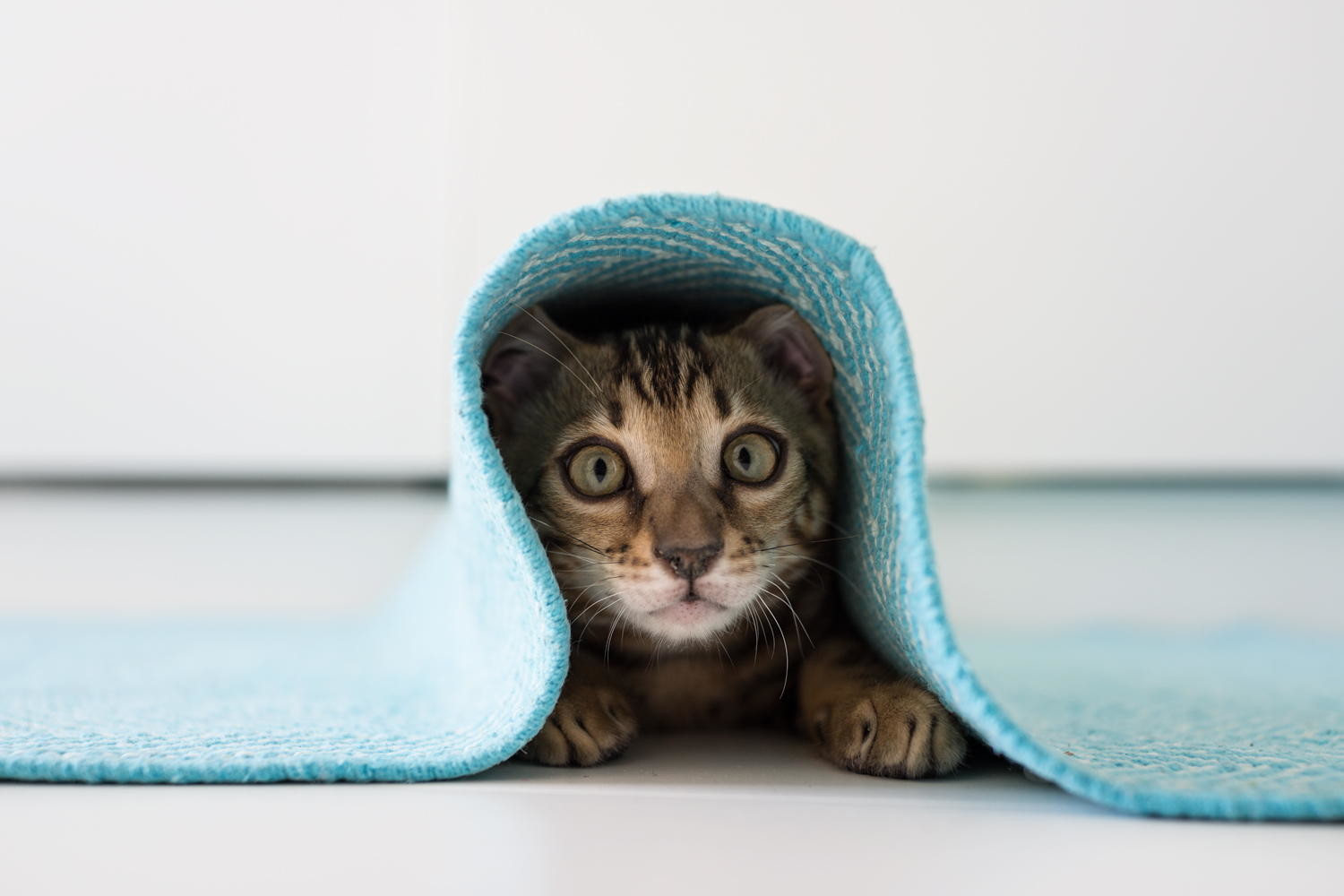
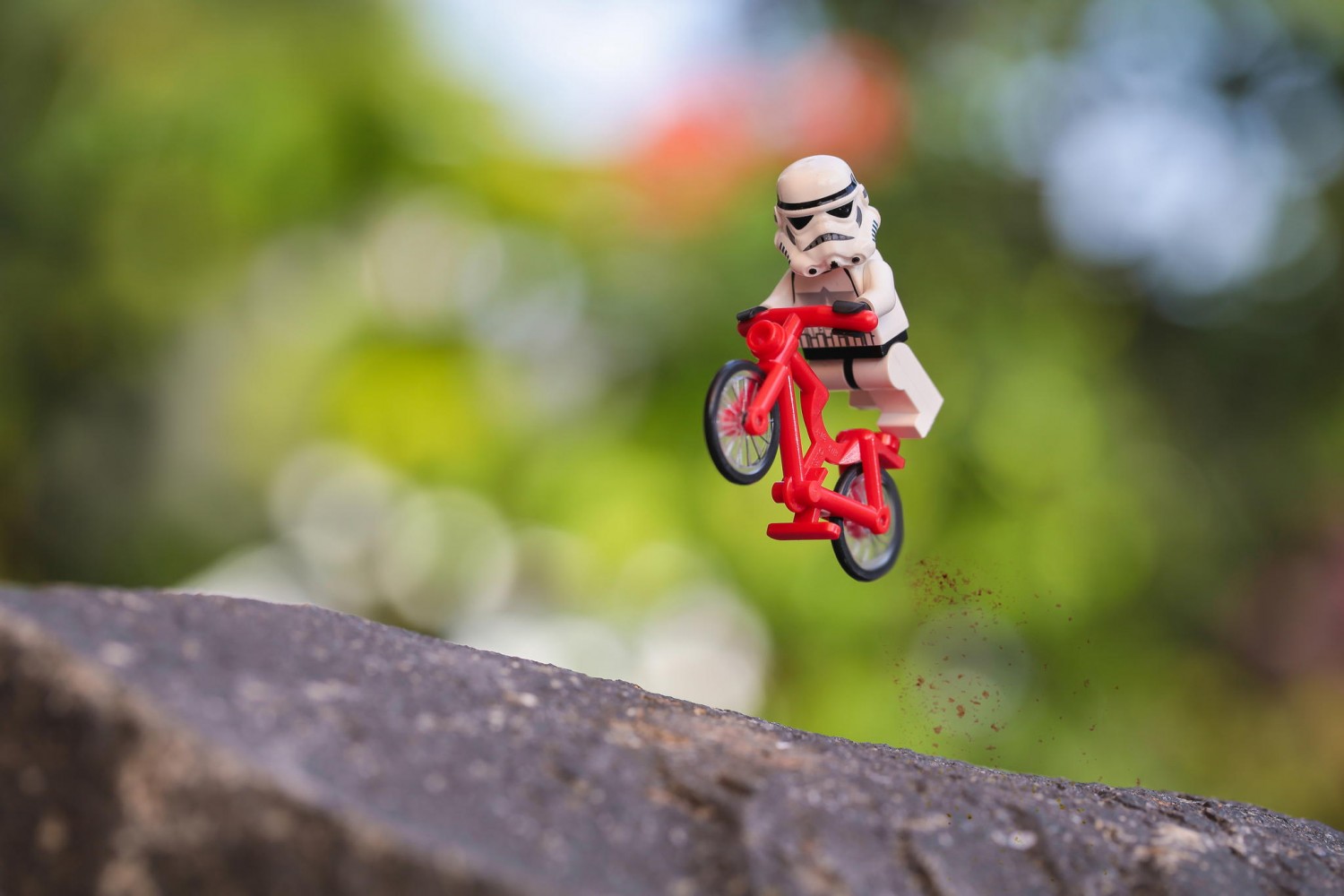

Leave a reply